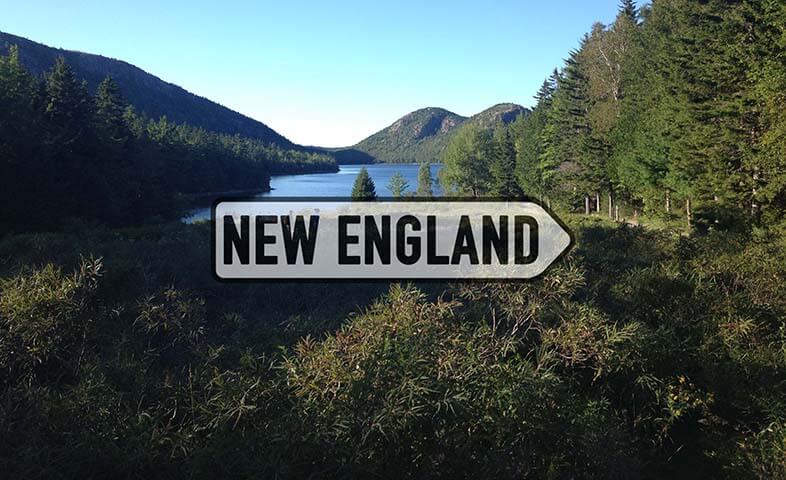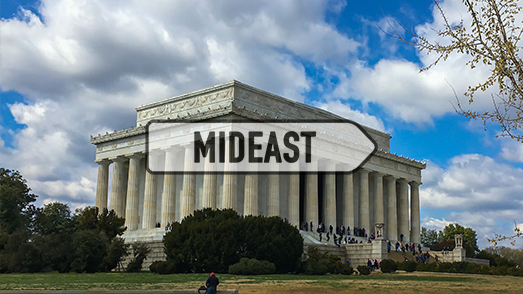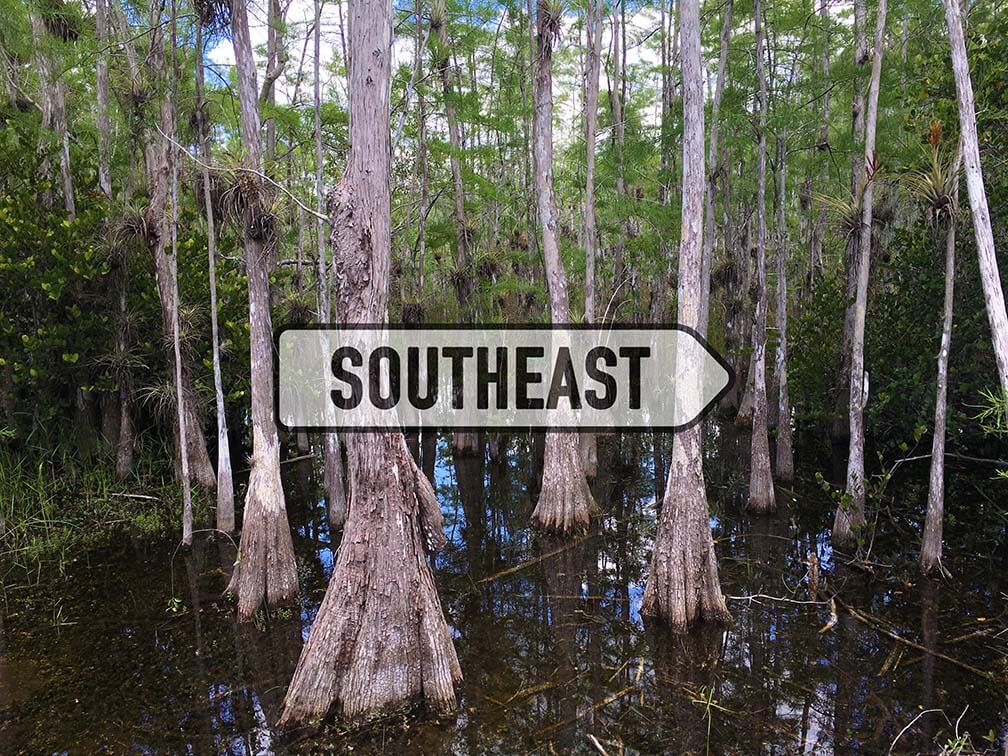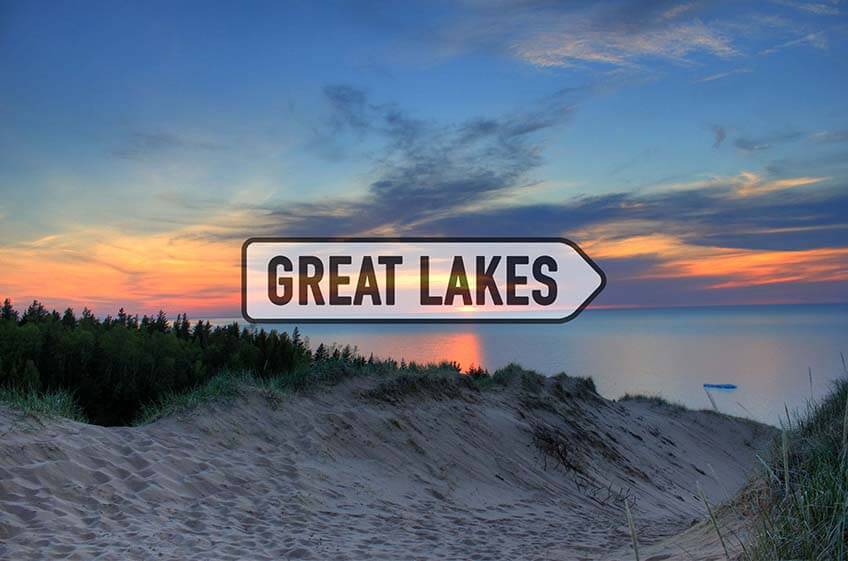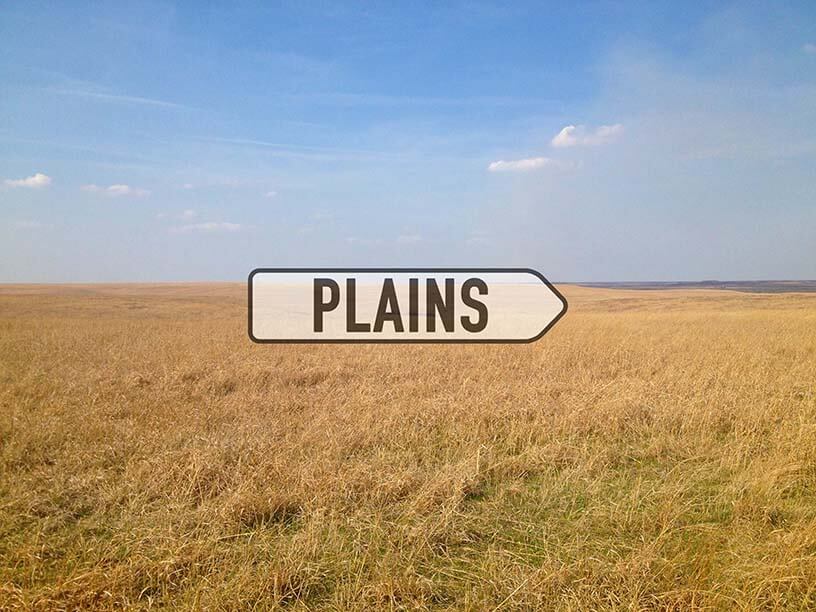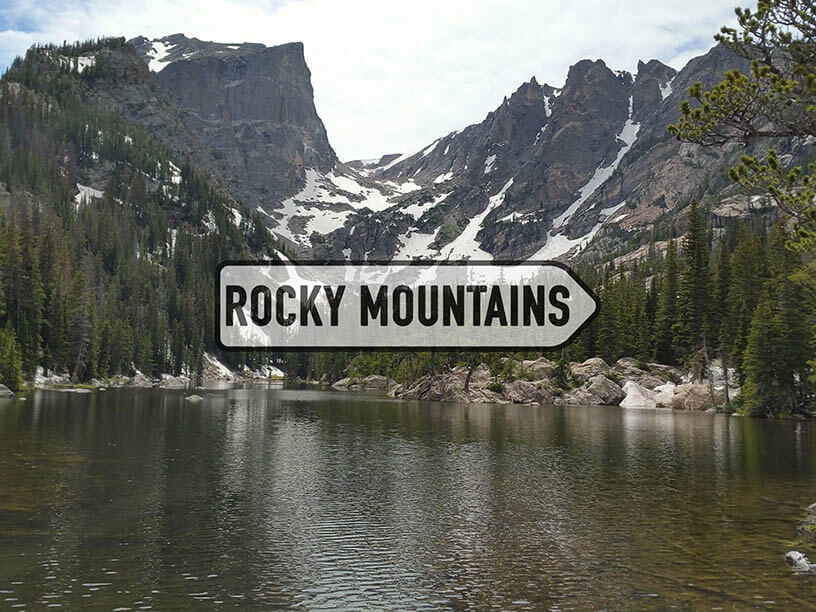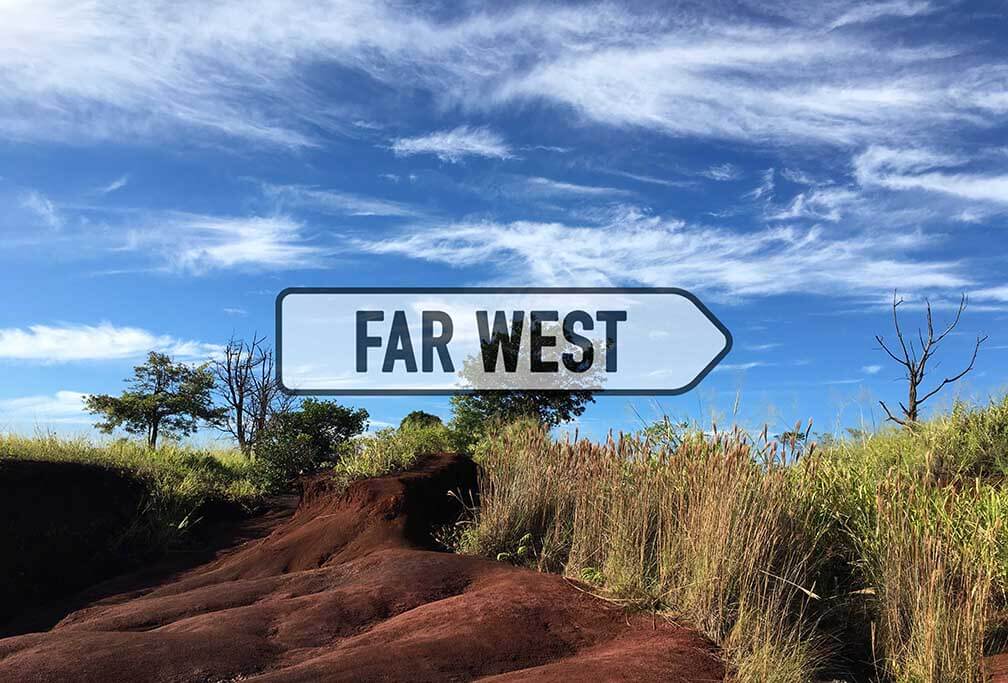Vision in Denali
By Cecilia Worth
As I stood for the first time in Denali National Park, my experience was like stepping out of a time-capsule. The conveyance that had dropped me off in this other-worldly location was a metal-seated green and yellow shuttle bus packed with sun-visored tourists. Now the whole kit and kaboodle was rumbling away down a ribbon of road that curved out of sight into terrain so truly wild that I felt, standing in the midst of it, both exhilarated and very small. The vastness of this wilderness, particularly its autonomy, seemed to me perhaps comprehensible only by the golden eagle that soared on currents far above my head. Into the distance stretched an infinity of tundra peppered with scrawny-limbed trees, the thread of a meandering river at its heart. Beyond undulations of starkly striated foothills, rose a chain of snow-covered mountains, the colossus, Mount Denali, at their center.
Denali National Park, image courtesy NPS / Jacob W. Frank
Most remarkable was that everything in this wilderness was the product of natural processes that had taken place over millions and billions of years. What humbled me was my insignificance on that timeline, my human presence a mere speck on its radar. On such a grand scale, the brevity of my own life was shocking. In fact, I had been mulling over this very fact for some time. Now that I was in my eighties, my thoughts about my prospective death had taken on a veneer of anxiety. “I have no intention of dying,” I announced to my primary care doctor.
“We all have to die sometime,” she said. A gentle response.
“Not me.”
To have discovered the joy and wonder of life only to have it whisked away just because my human clock was destined for a short run struck me as unacceptable. Worse was the idea that I would not be here. I definitely couldn’t come to terms with that. The “black hole” as my father called it in his old age. The concept of oblivion. The very word panicked me.
During the drive from the Park’s border, we had watched a grizzly bear lumber up a slope next to the road and halt mere yards ahead of us, swinging its massive dish-faced head, then moving on. For a fraction of a second I flashed on the universe of this animal, an environment totally independent of the words and concepts that defined my life, the anxiety about my mortality. He wasn’t concerned with his obituary; he was busy going about his life.
Image courtesy of the author.
It was the Alaska range, with Denali herself as its crown, that offered me a different perspective about my impermanence. These mountains were more than magnificent sculptures. They were alive. What I saw through my binoculars was a slow-motion documentary, a timeline sequenced by events that, millennia after millennia, bit by bit, created that range. The evidence was right before my eyes. There lay slabs of upended rock, that, once horizontal, had risen up on themselves to thrust pinnacles thousands of feet against the sky. I tried to imagine the multiple times when the land around me had lain silent at the bottoms of seas; the eons during which living matter crushed and pressed itself bit by bit into density; centuries when rivers of ice crept forward erasing and constructing landscapes; other time-spans when fire and molten rock erupted and cooled, again and again, gradually forming mountains.
Nor was this vitality confined to history. In my very own century, right here in the wilderness that surrounded me, movement and change was ongoing, life continuing. Even now, Denali and her neighbors were under assault by scorching heat and bitter cold, by torrents of rain and ferocious gales, by rivers of frozen ice creeping down the flanks of these mountains erasing and reforming the territory underneath. As I stood there, this Queen For Today was evolving into something else.
These mountains were an extension of me. They and the surrounding wilderness were evidence of the continuation of life above and beyond the constraints of my own limited-existence. This vision unlocked something in me. In that setting I felt my self to be a part of a story that is ongoing; the moving timeline that contains my splotch on the radar is carrying me with it.
In Denali National Park, I felt a quieting about my own dust-to-dust. After all, the mountains are in on this, too. But they are not rushing things.
The written word is Cecilia Worth’s response to adversity. At age 69, following thirty years as a registered nurse involved with birthing and, later, terminal AIDS patients, she moved to Alaska to live in a waterless cabin whose view of mountains and a glacier-created bay bespoke the timelessness of wilderness, the environment in which she feels most at home.





